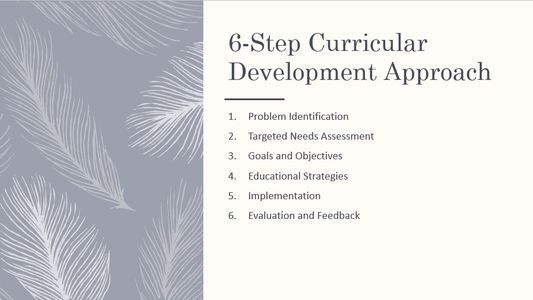Pathways
The BUSM/BMC Psychiatry Residency program has 2 extracurricular “pathways” for residents interested in additional training and scholarly work.
- Medical Education Pathway (led by Dr. Dara Wilensky)
- Global, Local, and Cultural Psychiatry Pathway (led by Dr. Maria Prom)
Eligibility: Entrance to each of the pathways is voluntary, occurring once yearly through a written application process and is open to residents entering their PGY2 year and above.
Components: Pathway residents participate in core and supplementary didactics specific to each pathway topic. They are expected to complete a pathway-specific scholarly project or specialized clinical experience and receive mentorship by a member of the department with expertise in the pathway field.
Purpose: Each program is tailored to a resident’s interest so that they may develop topic expertise beyond the scope of general adult psychiatric residency training, contribute to expanded knowledge in that topic locally/nationally/internationally, and hone their career goals.
Examples:

- A resident on the MedEd Pathway attends core pathway didactics on best practices in medical education then implements them through a project such as teaching medical students or developing a residency course. They are assigned a mentor with whom they work to improve their teaching skills and consider career possibilities within academic psychiatry.

- A resident on the Global-Local Pathway attends didactics on cultural psychiatry then uses these constructs to contribute to culturally-specific projects in mental health understanding or practice either locally, globally, or both. They are encouraged to participate in collaborations that are longitudinal and bidirectional. They are assigned a mentor with expertise in global or local cultural psychiatry to assist them with honing their project skills and developing career goals.




